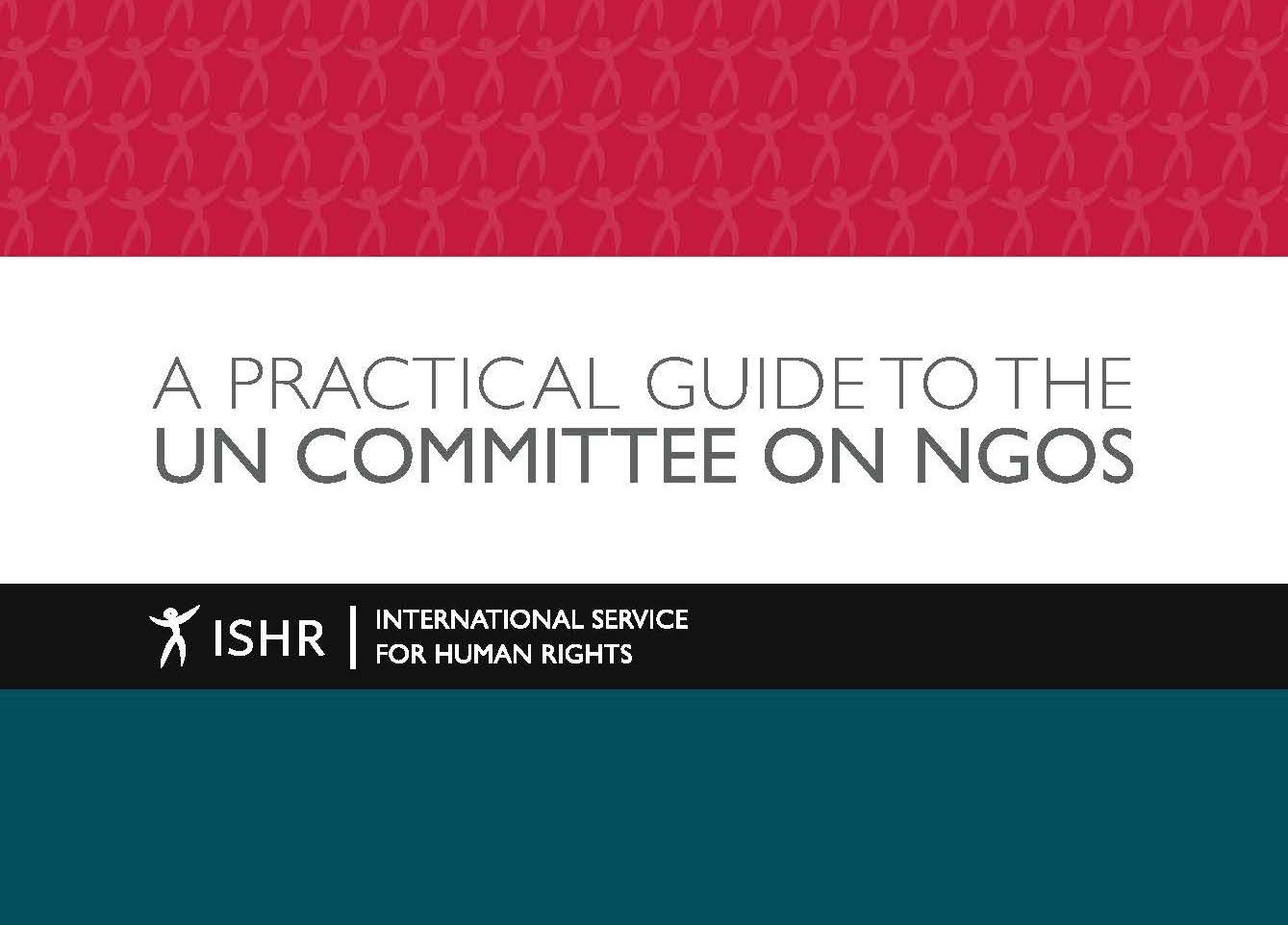
New York event: Strengthening NGO participation and freedom of association at the UN
International Service for Human Rights
Australian Government
Government of Chile
invite you to a panel discussion on
Strengthening NGO participation and freedom of association at the UN: Current challenges and opportunities for reform
Date: Thursday, 28 May 2015, 13.15-14.45pm (a light lunch will be provided)
Venue: Australian Permanent Mission to the UN in New York, 150 East 42nd Street, 33rd Floor
RSVP: Essential by 27 May to [email protected]
This event will examine the importance of civil society engagement and participation at the UN and the need to ensure that accreditation processes are transparent, non-disccriminatory and compatible with the right to freedom of association. The event will also launch a major new ISHR publication entitled 'A Practical Guide to the UN Committee on NGOs' and discuss ways and opportunities to better enable civil society participation at the UN.
Panelists
- H.E. Christian Barros, Ambassador and Permanent Representative of Chile to the UN
- Ms Rikke Nöhrlind, International Dalit Solidarity Network
- Ms Michelle Evans, International Service for Human Rights
- Ms Jessica Stern, International Gay and Lesbian Human Rights Commission
Moderator
- H.E. Gillian Bird, Ambassador and Permanent Representative of Australia to the UN
For those unable to attend, we invite you to follow the event on Twitter @ISHRGlobal, using the hashtag #NGOaccess.
For further information please download the event flyer here.
Background
In his most recent report to the General Assembly, Special Rapporteur on Freedom of Assembly and Association Maina Kiai said ‘strong civil society participation is essential for multilateral institutions’ effectiveness’. His report documents a range of ways in which the UN is falling short in this regard, including through an accreditation process for NGOs – overseen by the Committee on NGOs in New York – which is ‘long, complex, costly, beyond the capability of many small civil society organisations, and impossible to obtain for informal organisations and grass-roots networks’. The report also documents how the accreditation process has resulted in the systematic exclusion of human rights NGOs, particularly those working on minority rights, women’s rights, sexual orientation and gender identity.
